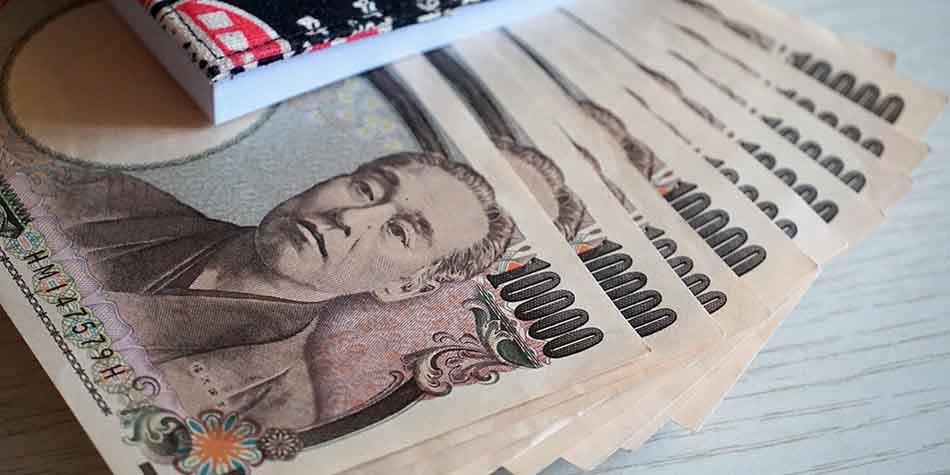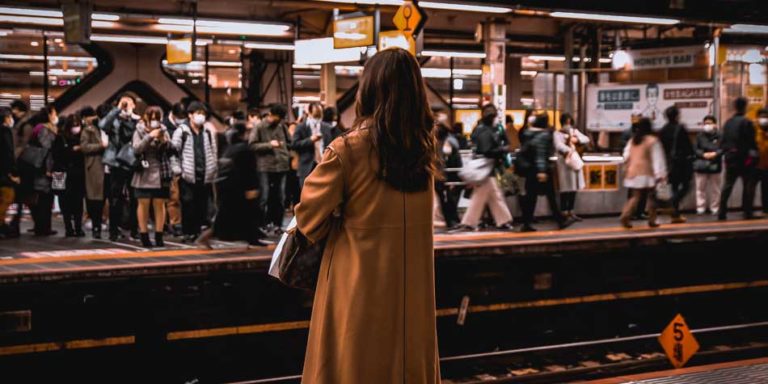Table of Contents
Are you curious about 3D artist salaries in Japan for 2022?
I’ve been working as a 3D artist in Japan for the last seven years, and even though it has been difficult, I’m pleased with my current situation.
I’ve met many foreign 3D artists during this time, and the reviews are a mixed bag, with many leaving Japan to continue their careers.
Let’s be clear; we’re not talking about the IT industry here. These are the animation and gaming industries. So we will not be talking about Google-level salaries of 20+ million yen a year. But Japan can offer a good salary range for 3D creators and allow them to live a comfortable life.
One more thing before we start. Most likely, you have read online about the terrible working conditions, toxic work culture, and a lot of negativity about working and living in Japan as a foreigner. So in this article, we will show the other side of the story, which is not told on Twitter or in the YouTube comment section.
You can also find out more about the Japanese work culture for a 3D artist in a separate blog post.
What is a 3D Artist?
Let’s start with the basics, following the Japanese format to make an informational article.
3D artists, also known in japan as 3DCG Designers (3DCGデザイナー) or 3D Creators (3Dクリエイター) are responsible for creating the three-dimensional world that we see in movies and games and other content. There are many areas inside the scope of a 3D artist work, like environment, character, animation, lighting, etc.
3D artists typically have a bachelor’s degree in fine arts or a related field. However, many 3D artists are self-taught and have gained experience through internships or other opportunities. 3D artists typically work closely with other members of a production team, such as producers, directors, and writers. As the entertainment industry increasingly relies on CG creators, the demand for 3D artists is expected to continue to grow.
We also have an article that goes more in the details of what is a 3D artist.
Average 3D artist salary in Japan
If you’re hoping to work as a 3D artist in Japan, you’ll want to know what the average salary is. Unfortunately, data on salaries for foreign workers in Japan is somewhat limited.
That said, from the available information, it seems that the average 3D artist salaries in Japan is around 4.5 million yen per year.
This figure includes both full-time and freelance workers. Of course, salaries will vary depending on experience, skill level, and industry. For example, artists working in video game development or animation tend to earn more than those working in other sectors. Still, this gives you a rough idea of what to expect when working as a 3D artist in Japan.
How much does a 3D Artist make in Japan?

Photo by jun rong loo on Unsplash
According to a survey by “Mynavi Creator“, the average annual income of 3D Artists in the game industry is approximately 4.04 million yen (February 2022). However, this number is only an average, and there is a considerable difference between ages. Let’s take a closer look at the average annual income of 3D Artists by age group.
As you can see, a 3D artist earns more as they age. However, this is based on the premise that you have accumulated experience, acquired knowledge and skills in 3D production, or have a relevant track record. In these cases, the artists are often entrusted with management tasks such as section leader, which impacts the annual income.
In the case of 3D Artists, if they have mastered the latest technology in game production or have experience in developing projects that require more technical or artistic ability, such as consumer games, they tend to go up the ranks more quickly. So if you have that kind of experience, you are more likely to earn one of the highest 3D artist salaries in Japan, regardless of age.
Also Read: CG Artwork Artist Skills, Tools, Salary, and More
Factors that Affect 3D Artist Salaries in Japan

Japanese language skill level
If you’re looking for a job in Japan as a 3D artist, it’s essential to have good technical and artistic skills, but let’s discuss the Japanese Language.
Some people think the Japanese Language Proficiency Test (JLPT) is an excellent way to open the door to the Japanese corporate world. And that may be true in some industries, but when talking about animation or game companies, even if you don’t have a good score on the JLPT, don’t despair. Many companies are also looking for conversational skills. So, if you can hold a job interview in Japanese, you may still have a chance of getting a job.
A minimal amount of companies will provide support to people that don’t speak Japanese at all. But of course, this will also negatively affect your earning potential.
Also Read: What is CGI in Movies?
Already being in Japan
If you’re a Japan resident already, you have a big advantage when it comes to finding a job. For one thing, the cost of recruiting you is much lower than for someone who isn’t already in the country. Japanese companies often have to pay for airfares and accommodation for candidates they’re interviewing from overseas, but if you’re already here that cost is eliminated.
There’s also the issue of culture. It can be difficult for someone from a different culture to adjust to working in Japan, but if you’re already living here then you’ll be familiar with the way things work and won’t have any problems fitting in. Finally, there’s the question of the interview process.
If you’re already in Japan it’s much easier to arrange a face-to-face meeting, which gives you a big advantage over candidates who are trying to interview remotely. So if you’re looking for a job in Japan, being a resident is a definite plus.
Experience in well-known projects
If you’re looking to work at a Japanese game development studio, experience is key. Companies here prefer to hire candidates who have experience working on AAA games or other well-known projects.
This experience is seen as a valuable asset to the company, as it demonstrates your skill level and ability to work on big-budget projects. In addition, having experience working overseas is also a plus, as it shows that you’re adaptable and familiar with different working cultures.
When applying for jobs at Japanese studios, be sure to highlight your experience and skills in your portfolio and CV. It’s also a good idea to brush up on your knowledge of the Japanese language and culture, as this will make you a more attractive candidate. Compensation packages typically include benefits such as housing allowances and transportation subsidies, so be sure to take these into account when negotiating 3d artist salaries in Japan.
Also Read: How to Get a 3D Artist Internship
Working in Japan as a foreigner
Working in Japan as a foreigner can be a challenge, especially if you’re working in a field like 3D animation. Language barriers can make communication difficult, and you may not be familiar with Japanese work culture. For example, it’s not uncommon for Japanese companies to expect employees to work long hours of overtime.
This can be tough to adjust to, especially if you’re not used to working such long hours. However, there are also a lot of perks to working in Japan. The country is renowned for its cutting-edge technology, and many companies are at the forefront of the global animation industry. If you’re a skilled 3D artist, you’ll have plenty of opportunities to showcase your talent. And even if you don’t speak Japanese fluently, you can still learn a lot about the language and culture by working in Japan.
Read Next: Artflow AI and the Artists Using It
Nyx
Nyx, General Manager and Editor at Vertex Mode, is a seasoned 3D Artist in gaming and film, sharing insights on Digital Art and its creators.


